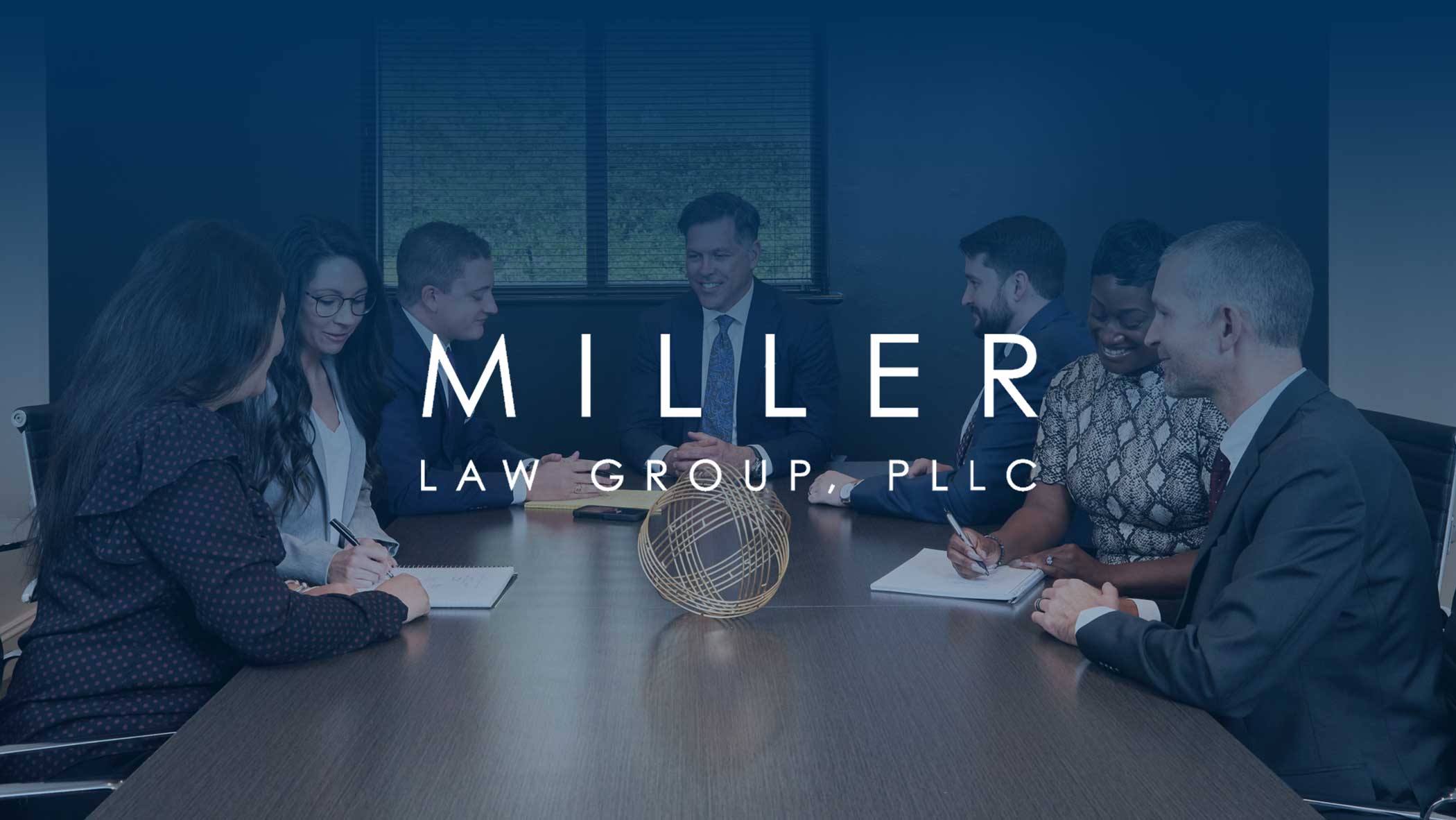Is partial fault a factor in Raleigh premises liability claims?

Customer safety is a concern whether you own, operate, lease or maintain a Raleigh business. Business owners are motivated to provide a positive experience for customers and other visitors. However, property owners and operators also have a legal obligation to care about the safety of others.
Premises liability laws protect people harmed on someone else’s property. You may be surprised to learn property owners are not liable automatically for visitors’ injuries. In cases that reach civil courts in North Carolina, damages are awarded when injured parties prove a property owner’s negligence was responsible for an accident.
Injury claims allege an owner or operator caused, knew about or should have been aware of an unsafe property condition. A careless grocery store owner who does not inspect aisles regularly might not respond to a spill until a customer slips and falls. Taking no action to prevent harm may be considered unreasonable, since most food store owners realize spills are common problems that create dangerous conditions.
Business owners cannot anticipate all possible hazards, but laws require them to make a reasonable effort to safeguard visitors. For instance, a common sense safety precaution on a rainy day would be to place non-skid mats or rugs at a store entrance to prevent wet, slippery floors.
The safety obligation is not one-sided – visitors are sometimes responsible for their own injuries. For instance, a customer walking while absorbed in a text message takes the risk of missing hazards obvious to attentive customers. This is a crucial point, since North Carolina’s contributory negligence laws allow no room for partial fault.
For a North Carolina premises liability claim to be valid, a defendant or defendants must be entirely responsible for a plaintiff’s injuries. The injured party may not be accountable in any way, even for a small portion of blame. Attorneys evaluate victims’ claims to determine the most beneficial way to proceed.
Source: FindLaw, ” The Small Business Owner and Slip-and-Fall Accidents” Oct. 18, 2014
Our Attorneys’ Practice Areas

